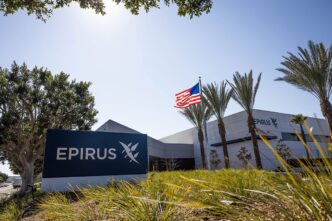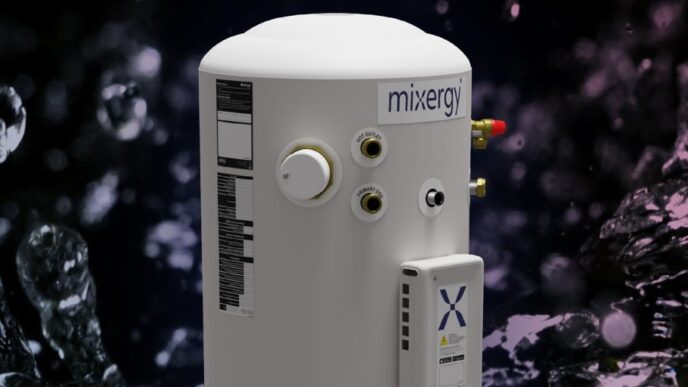Marathon Venture Partners, a venture firm based in Athens, has secured €75 million in capital commitments for its latest fund. This brings the firm’s total assets under management to €175 million, marking a major milestone for the eight-year-old seed investor. The new fund reflects both growing confidence in Greece’s startup scene and the firm’s solid track record of successful exits.
Partner Panos Papadopoulos revealed the news ahead of TechCrunch’s StrictlyVC Athens event on May 8, where he’ll speak alongside Greece’s Prime Minister, Kyriakos Mitsotakis. Their central theme: why now is the time to invest in Greek tech.
Backing Greek Talent for Global Markets
Marathon Venture Partners has seen real success with past investments. Its portfolio includes Augmenta, a precision agriculture company acquired by CNH for $110 million, and Hack the Box, a cybersecurity upskilling platform, part of which was sold to Carlyle in a secondary deal.
Papadopoulos credits this performance to the firm’s early bets on tough markets. “We backed trends like AI-assisted research and robotics before they became mainstream,” he said. With the latest fund, the team plans to double down on founders solving hard problems in big markets — especially those who bring either deep knowledge or unique insight into regulated industries.
Unlike the perception that Greek startups struggle to scale, Papadopoulos said Marathon’s companies serve global customers from day one. “There’s almost no revenue from the domestic market,” he noted. These founders are leveraging local talent while targeting international Fortune 500 clients.
A Lean Approach in a Challenging Market
The global slowdown in venture exits hasn’t shaken Marathon’s strategy. “We don’t need unicorns to make our model work,” Papadopoulos said. By keeping fund sizes small and investing early, the firm can generate strong returns through secondaries and M&A, even without IPOs.
Marathon has also been realistic with its limited partners about longer timelines. The firm’s capital-efficient model and steady equity positions help ensure returns. “In our culture, cash is king,” he added, noting that the firm closed secondaries in 2021 while others delayed exits indefinitely.
While many VCs chase deep tech and AI, Marathon takes a different approach. “We don’t chase sectors. We back people changing sectors,” Papadopoulos said. Marathon was one of the first generalist VCs to invest in defense tech—well before geopolitical events made it trendy.
Papadopoulos doesn’t believe Greek founders are undervalued either. “This isn’t about geography or price. We move fast, with conviction, and don’t wait to see who else is investing,” he explained. That approach has opened up opportunities most other VCs overlook.
On navigating a tough exit market, Marathon is advising portfolio companies to focus on default-alive scenarios. “We keep all options open, including secondary sales or acqui-hires,” he said. Such moves often help founders stay in the game longer — something the firm fully supports.
As for EU grants and non-dilutive capital, Marathon encourages startups to prioritize market-focused execution. “We welcome the help, but we advise our teams not to get distracted,” Papadopoulos said.
Despite Greece’s improving macroeconomic outlook, Papadopoulos believes the best founders thrive under pressure. “If anything, adversity fuels innovation,” he said.
With US VCs retreating from Europe, Marathon sees a window of opportunity. “We must count on ourselves,” Papadopoulos concluded. “The long-term opportunity remains unchanged — what matters most is being aligned with founders and staying the course.”













